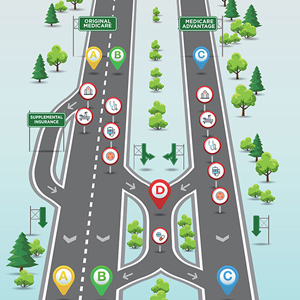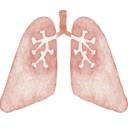Money Matters
-
Rethinking Access to Disability Benefits
Advances in screening and treatment mean there are more cancer survivors than ever, but survivors who struggle to work can face difficulty getting disability payments.
by Jen Tota McGivney
-
Roadblocks to Care
Some cancer patients struggle to find transportation to their appointments. The coronavirus pandemic has further limited options for patients looking for rides.
by Anna Goshua
-
Sound Advice
Winter 2020/2021vol 10 | issue 04
Experts answer questions about limiting exposure to the coronavirus, how to talk about a cancer recurrence with loved ones, and strategies for dealing with a loss of health insurance. -
Forward Look
Creating More Inclusive Clinical TrialsThe Clinical Treatment Act aims to include more Medicaid recipients.
by Jen Tota McGivney
-
Learning Medicare’s ABCDs
Medicare was established to help provide affordable health care coverage for older Americans. But Medicare beneficiaries with cancer can still face financial burdens related to their care.
by Kate Yandell
-
Targeted Therapy for Early-Stage Lung Cancer?
A trial of the targeted therapy Tagrisso (osimertinib) for early-stage lung cancer finds that patients who take it go longer without having a cancer recurrence. Whether that should change clinical practice is under discussion.
by Ashley P. Taylor
-
A Missed Conversation
Despite national guidelines urging oncologists to bring up risks of infertility posed by cancer treatment, many young cancer patients are never told about these risks or counseled on their fertility preservation options.
by Marcus A. Banks
-
The Return to Work
What happens if your workplace reopens before you're ready to return or you're an essential worker? For some people who have been diagnosed with cancer, accommodations may be possible.
by Jen Tota McGivney
-
Forward Look
Here Come the BiosimilarsAs patents expire on biologic drugs, cancer patients get new options.
by Stephen Ornes
-
Survivor Profile
Sharing Her StrengthDiagnosed with two cancers prior to turning 40, Rebecca Esparza uses her voice to advocate for policy changes to help people affected by cancer.
by Lindsey Konkel














